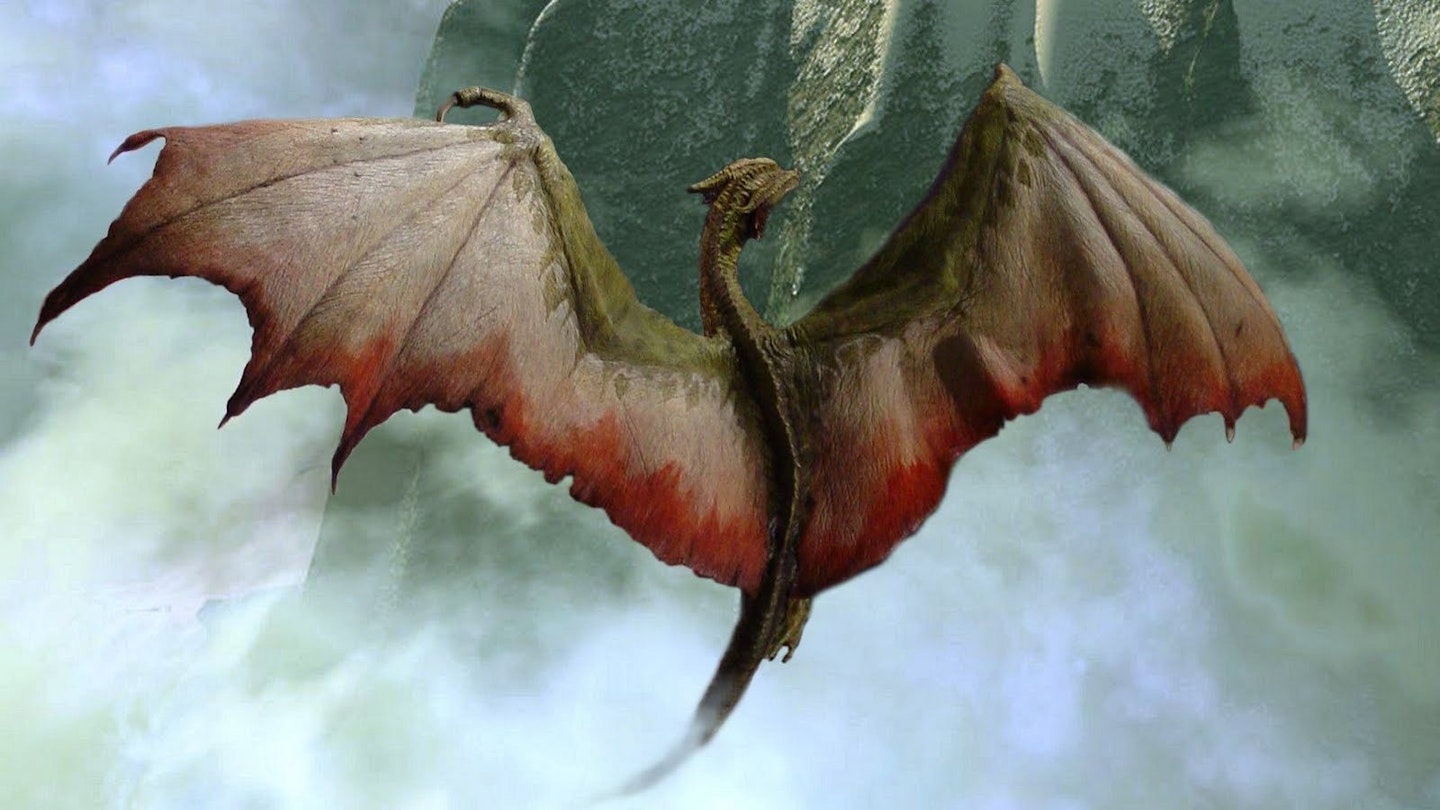A forgotten gem of fantasy filmmaking from the early ‘80s, which pioneered an approach to the genre for which Peter Jackson would later be feted — gritty realism. This is a world, ours most likely, where magic is slipping away in the face of religion’s stranglehold, where politics and prejudice have snarled up the old ways, and caked in that Pythonesque stew of muck and mildew. Director Matthew Robbins wants us to feel his ancient realm as pungent and alive, free of the shiny, angled sets and polished armour of cliché. And when it comes to his dragon, in these days long before the arrival of CGI, he is a triumph of hideous might: animalistic, ancient, brimming with fire and power. ILM were behind his creation and they work the ardent magic with aplomb, but in keeping with Robbins’ earthy sense of scale.
You can accuse the screenplay of borrowing a little too freely from the standard texts. Tolkien’s wizened sage Gandalf is reworked as Ralph Richardson’s splendid codger Ulrich, who then takes a surprise early bath, to return Obi-Wan style to look over his protégé’s progress. But Peter MacNicol, who might ring a few bells for Ally MacBeal fans, is likeably non-heroic, curly haired and stick-thin, he is the geek who must face unfaceable odds. A rite of passage literally through the inferno, and by the final confrontation with the fiery beast, through its excellently Dante-esque lair, the film stirs up a real sense of wonder.
And it doesn’t dispense with intelligence to get there. The idea of political control is examined in Peter Eyre’s conniving king playing both the oppression and the defeat of the dragon as a form of spin for his own rule. There is also a clever play on sexual identity in Caitlin Clarke disguising herself as a man to escape the dragon’s fire. Worth rediscovering.
